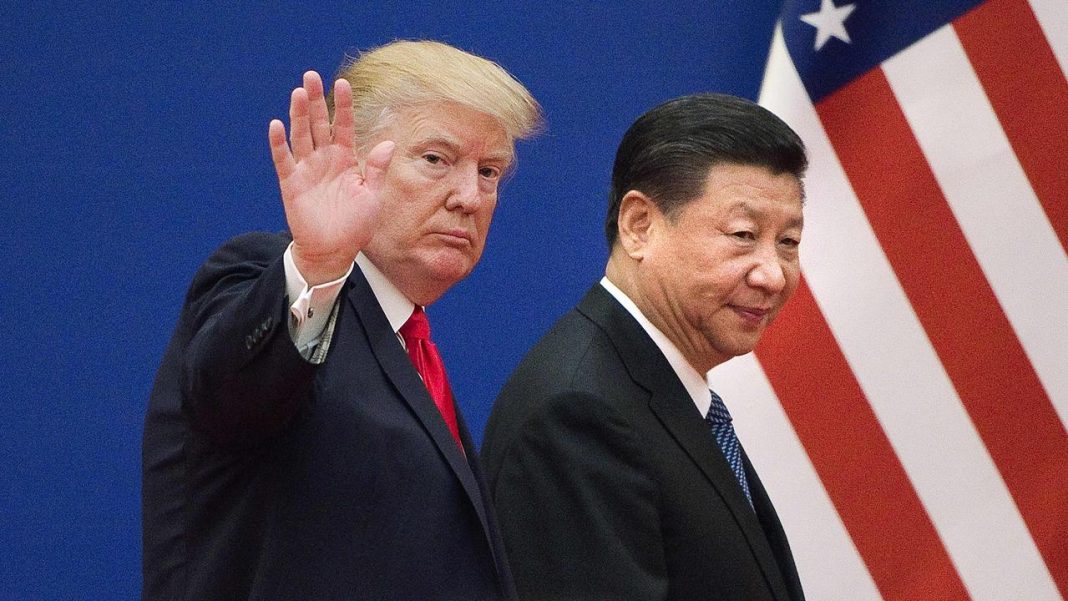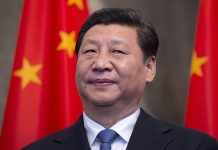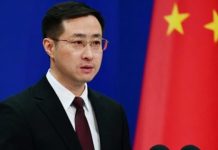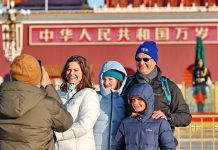DM Monitoring
BEIJING: China attacked U.S. President-elect Donald Trump’s pledge to slap additional tariffs on Chinese goods over fentanyl flows, saying his incoming administration was pushing the blame for America’s opioid crisis onto China.
Trump, who takes office on Jan. 20, said on Monday he would impose a 10% tariff on Chinese goods so that Beijing does more to stop the trafficking of Chinese-made chemicals used in the highly addictive narcotic. He had threatened tariffs in excess of 60% on Chinese goods while on the campaign trail.
“China’s position against unilateral tariff increases is consistent,” He Yadong, a spokesperson for the commerce ministry, told a regular news briefing on Thursday. “Imposing arbitrary tariffs on trading partners will not solve America’s own problems.”
He added that the U.S. should abide by World Trade Organization rules and work with China to promote stable economic and trade relations.
Trump’s comments fired the starting gun for what analysts expect to be a bruising four-year trade war, potentially much worse than his first term which saw tariffs of 7.5%-25% levied and global supply chains uprooted.
Indeed, Howard Lutnick, Trump’s pick to run the Commerce Department and oversee the Office of the U.S. Trade Representative, said in a podcast interview in October that “China is attacking America” with fentanyl and suggested Trump might levy tariffs as high as 200% on China.
Editorials in China’s state media this week have warned new duties could drag the world’s top two economies into a mutually destructive tariff war.
There was already an eerie sense of deja vu on Thursday after China’s state media praised some U.S. firms for “strong collaboration” – commentary reminiscent of how tensions with the U.S. were covered by the Chinese press during the previous trade war.
Back then, U.S. corporate executives and foreign investors would scour Chinese state media for signals as to which U.S. firms might be in favour and which might be penalised as tensions ratcheted up.
The state-owned Global Times late on Wednesday highlighted Apple, Tesla, Starbucks and HP.
“U.S. politicians need to pay attention to and respect the evident willingness of American businesses for economic and trade cooperation by tailoring suitable policy environments for enterprises,” it said.





